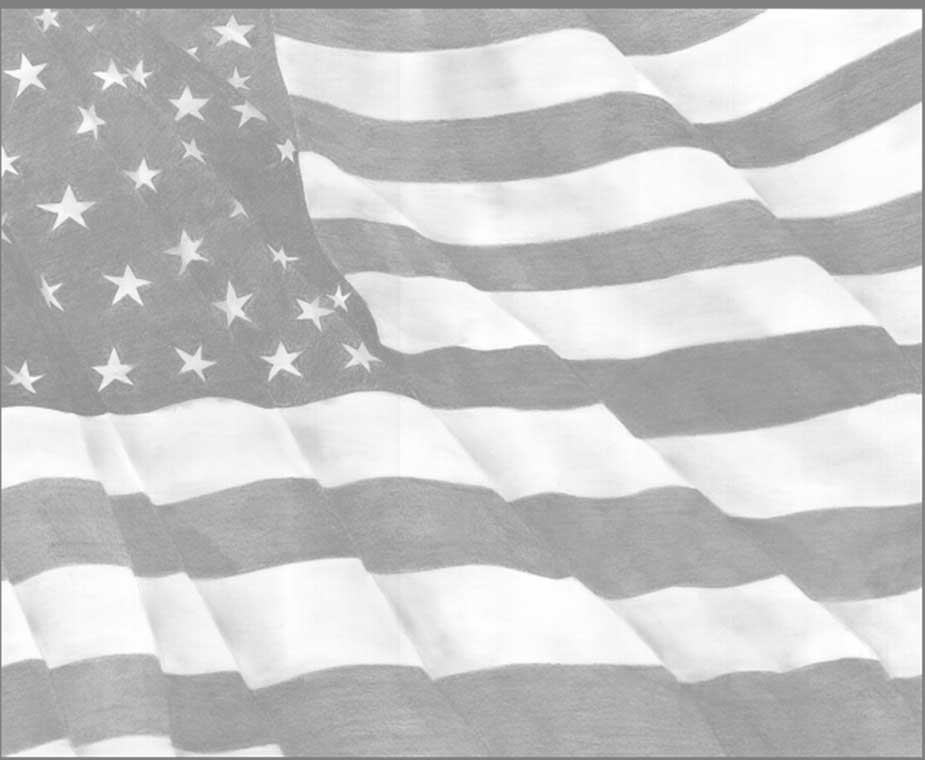Women, like African Americans, Native Americans and other groups in American society, have a dual history, their own and the history of their part in the chronicles of the nation as a whole. Unfortunately, because they have had so little access to power in the society, both of these histories have been largely ignored by conventional accounts of the nation's past.
 To more systematically study and understand this past, that of the "historically voiceless," we must both re-examine the past records with a new perspective and develop new techniques to gather information.
To more systematically study and understand this past, that of the "historically voiceless," we must both re-examine the past records with a new perspective and develop new techniques to gather information.
One of these techniques, the oral history interview, was used by the Feminist History Research Project in 1974 to recover the recent past of women in the United States. By interviewing women ranging in age from their seventies to over one hundred years old, the Project explored the history of women in the first decades of this century. From these oral history interviews, the Project created "Recovering Our Past," a series of tape/slide programs that explored the varied activities and experiences of women whose contributions to the life of our country have been largely ignored.
The first of these programs, "The Struggle for Woman's Suffrage," examines the seventy-two year battle for the right of women to participate in the political processes of the nation. Though this program is specifically devoted to the campaign waged by women for the right to vote, it also helps to elucidate the general, continuous struggle throughout American history for the realization of the ideals upon which the nation was presumably founded, a struggle even now being waged by women and other groups. Moreover, the depiction of historical events through the words and voices of unknown, ordinary participants provides an introduction to a new kind of history, not the history of official documents and famous names, but history as seen "from the bottom up."

